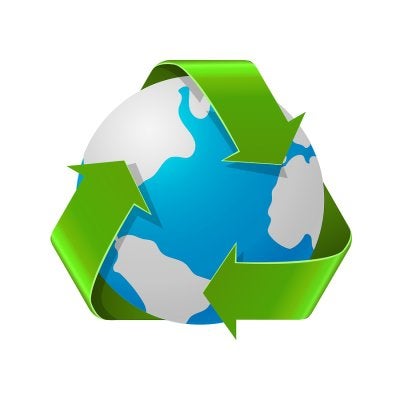How often do you throw your trash into recycling bins ? Recycling things like aluminum cans, office paper, and glass bottles is a simple way to reduce your carbon footprint. If you’re wondering why many people are looking for ways to save energy and reduce waste near Atlanta, then read on to learn why your carbon footprint matters. 
Environmental Changes
As the carbon footprints of people and industries increase, their effect on the environment does as well. Your carbon footprint corresponds with the overall amount of greenhouse gas emissions that you are responsible for due to your everyday activities, meaning that your carbon footprint relates to the climate change associated with global warming. For example, the rising temperatures affect precipitation rates and cause vegetation patterns and locations to change. Also, rising sea levels can displace people living in coastal towns and cities, and the erosion of shorelines can destroy shoreline ecosystems.
Wildlife Impact
The warming temperatures have influenced wildlife, as well. Changing weather patterns can threaten the species that depend on any vegetation unable to withstand the shifting climate. For example, migratory birds sometimes reach their destination only to find that their primary food source is unavailable due to unusual temperatures. At the same time, polar bears are losing their hunting grounds because of melting arctic ice.
Human Health
Food crops are heavily influenced by the weather, so it’s no surprise that rising temperatures are affecting the food supply in some areas. The changing climate has led to drought in some parts of the world, and the lack of precipitation results in smaller crops and increased levels of malnutrition. Also, drought can cause a lack of clean drinking water, and warmer climates allow disease-carrying mosquitoes to survive in areas that were once too cool for them.
Your Carbon Footprint
Reducing your carbon footprint can be accomplished in many ways. Recycling materials like glass, aluminum, and plastic can lower the amount of energy used to process raw materials. Also, you can unplug devices that aren’t in use, adjust your thermostat settings, and switch to energy-efficient light bulbs to reduce your carbon footprint.

